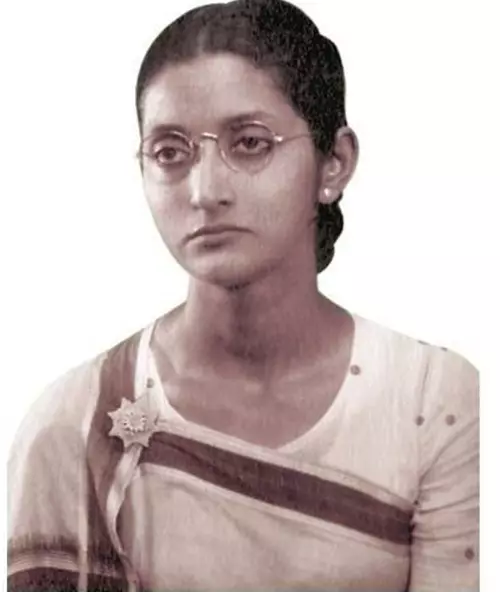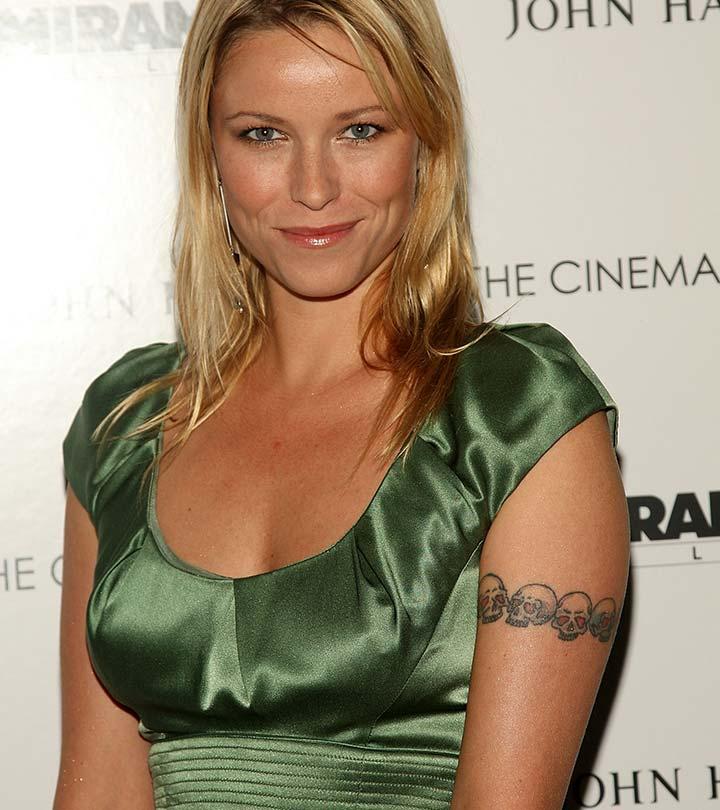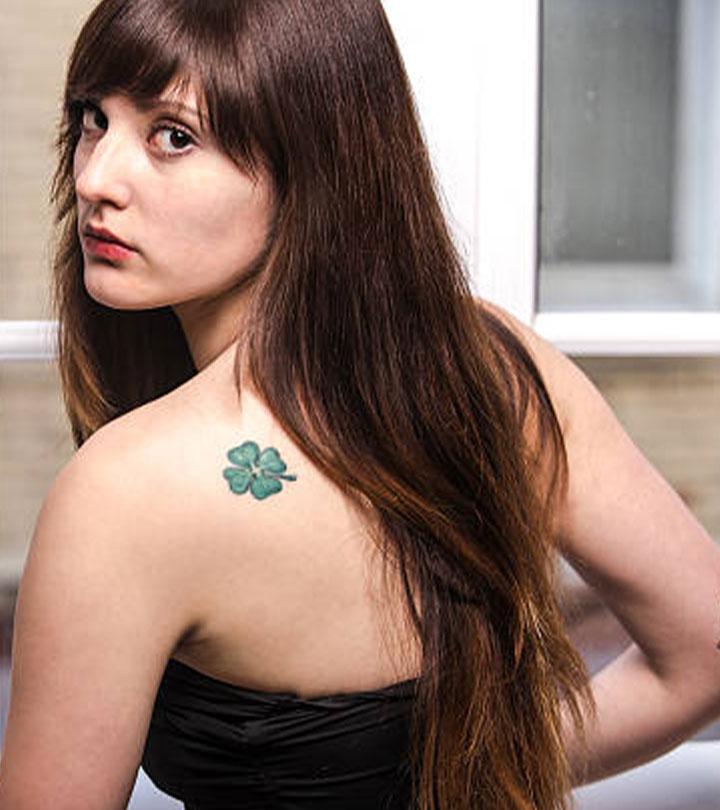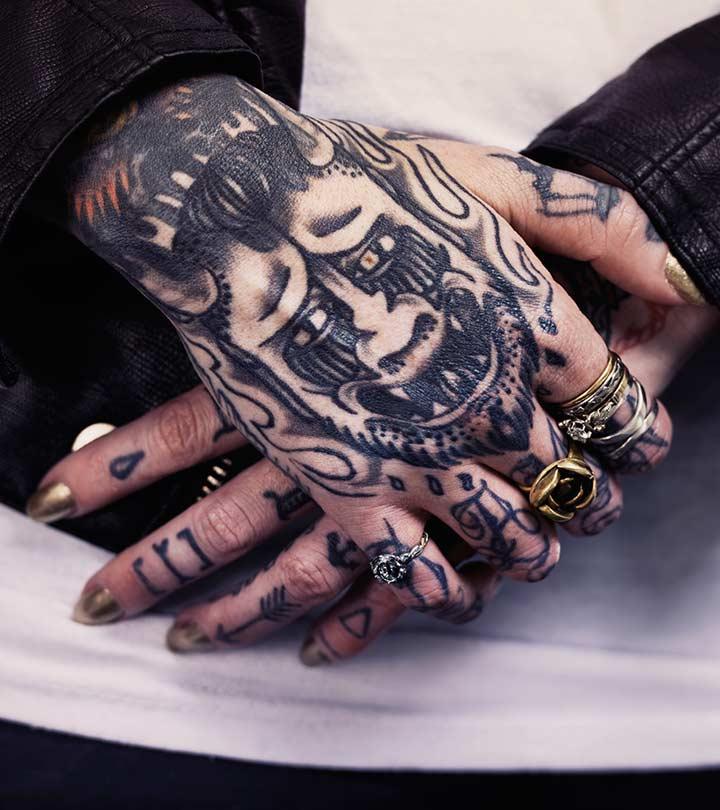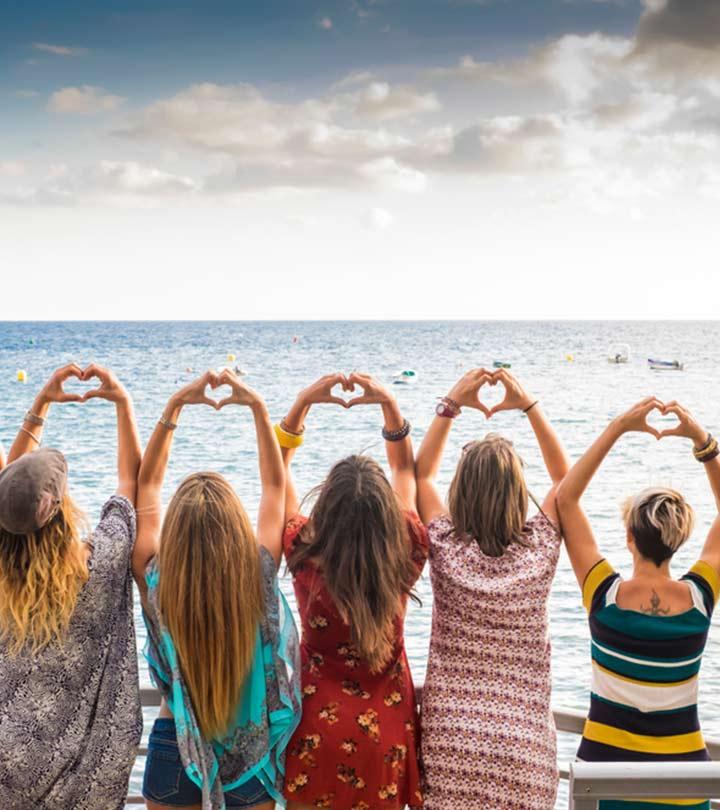The Story Of C. B. Muthamma, India’s First Woman IFS Officer And Ambassador
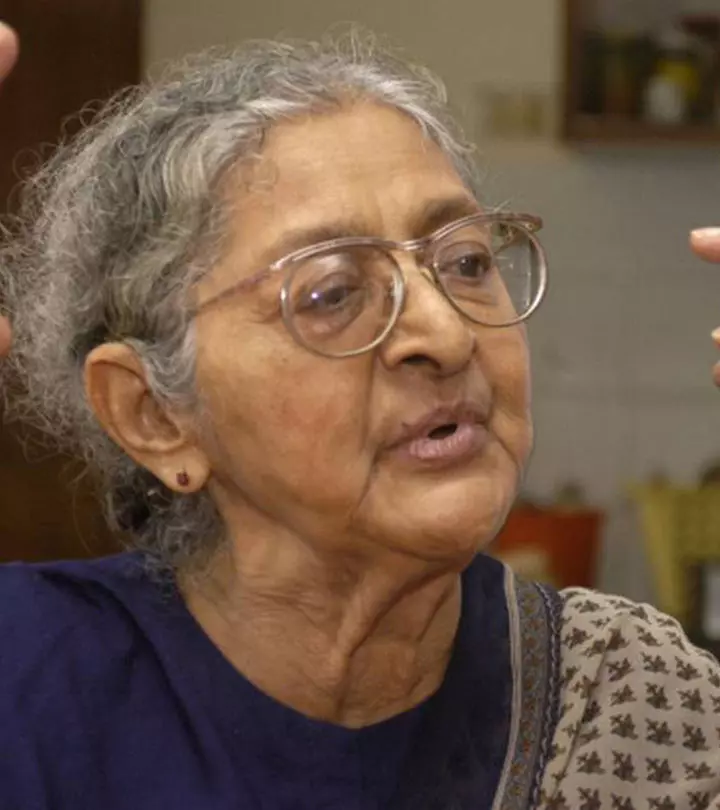
In India, women have always been considered as the second gender. Although, with the feminism wave sweeping the world, women are taking the front row now,this wasn’t the case earlier. In the post-independence era, the initial years of the free India, women were not that free after all. That was the time when the woman literacy rate was low abysmally. The discrimination and professional gender bias definitely found no place in the civilized scheme of things; those were the traits that were practiced by primitive societies. However, unfortunately, the modern centuries (well, at least a good chunk of it) still appear to be barbaric.
Robert Ingersoll once said, “There will never be a generation of great men until there has been a generation of free women — of free mothers.” And we couldn’t help but agree to this statement of his made centuries ago.
But even at a time when India had just started breathing independence, and when the girls were still subjected to child marriage and limited to spending their lives within the four walls of their husband’s home, Ms. C. B Muthamma and women alike fought hard to become what they dreamt of becoming. Ms. C. B Muthamma was successful in breaking all the stereotypes revolving around gender discrimination and proved her worth by cracking the toughest exam in the country even till date, the IFS (Indian Foreign Services) exam. She was not just the first woman to crack the exam in an independent India, but she even paved her way to becoming the first ever woman diplomat of India.
Her Exceptional Life
Muthamma was born in Virajpet, a town in the Coorg district of Karnataka in the year 1924. At a tender age of nine, she lost her father and was raised single-handedly by her mother. She completed her schooling in Madikeri and later graduated from Women’s Christian College, Chennai where she was a triple gold medalist.
She later did her post-graduation in Presidency College, Chennai in the field of English Literature. It’s only after this that she decided to sit for the UPSC examinations in 1948. She became the only woman to clear this exam. When she decided to join the IFS, the board that interviewed her de spirited her from joining by terming the service as “not suitable for women.” She stood her ground and in 1949, she became India’s first IFS woman officer. However, she was asked to sign an undertaking which mentioned that she had to resign if she ever got married. This rule or condition was changed after a couple of years.
Her Fight Against Gender Discrimination Continued
The next few decades, the nation saw Muthamma serving her country in many capacities in the European, Asian, and African continents. During her tenure as an IFS officer, she always had to face the gender bias throughout. What she couldn’t bear was the fact that in spite of having served for so long in the foreign service of the country, she was always overlooked when it came to promoting her as the ambassador.
But, Muthamma had decided that she deserves the post with due credit for all the hard work she’d put in. She approached the Supreme Court for being denied the post she desired on the basis of gender. And filed a petition there against the Supreme Court. Solicitor General Sooo Sorabjee who represented the government of India argued that there are chances that confidential information will be leaked if women ambassadors marry. In 1979, a three-member bench of Supreme Court headed by Justice V.R. Krishna Iyer pounded the government’s reasoning and upheld Muthamma’s case. The apex court of India even impressed upon the government “the need to overhaul all service rules to remove the stains of sex discrimination, without waiting for ad-hoc inspiration from writ petitions or gender charity.” This judgment marked a landmark for women empowerment in India.
Consequently, Muthamma was appointed as India’s Ambassador to Hungary (the first woman from IFS to be given this prestigious post). She later served in Ghana and her last posting as an Indian Ambassador was in the Netherlands.
She Continued To Shine After Her Retirement
After serving for 32 years, she retired in 1982. She continued to remain active in various fields. She was a prolific writer, and in the retirement phase of her life, she wrote several books on a vivid scale, right from a cookbook based on Kodava cuisine to a book that had a collection of scholarly articles.
Women like Chonira Belliappa Muthamma are extremely rare, and in general, civil servants like her who are loyal to their duties are a rare find. We strongly believe that only a few of her battles were written and documented while there might have been several which went undocumented or unnoticed. She broke barriers and set an example for women back in those years when women never even thought of heading out of their homes, forget about owning their career. She is an inspiration to many women even now who dream of serving their country.
Do you know of any such inspiring women in your life? Let us know if you ever aspired to serve the IFS, in the comments section below.
Banner Image Credits: The Hindu

